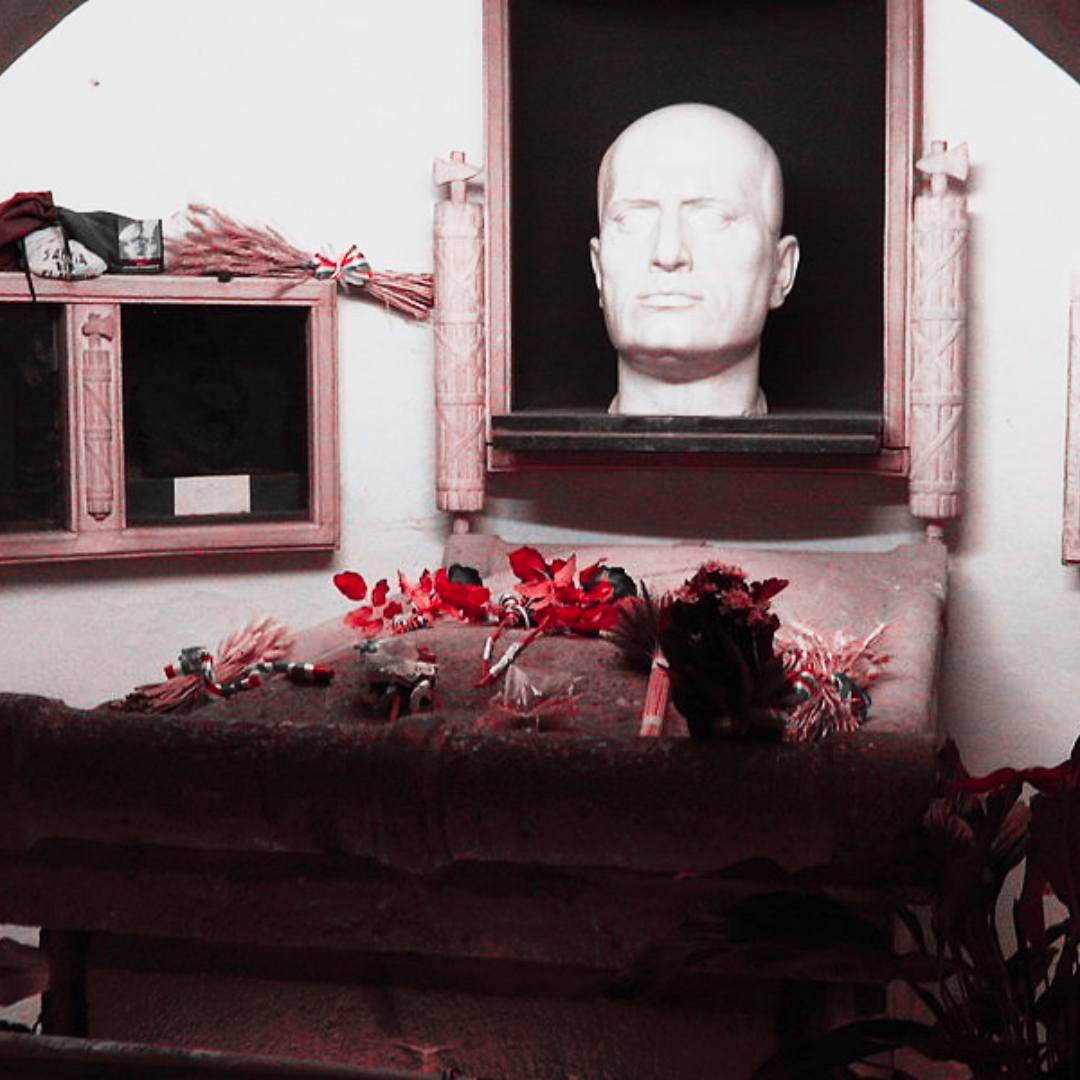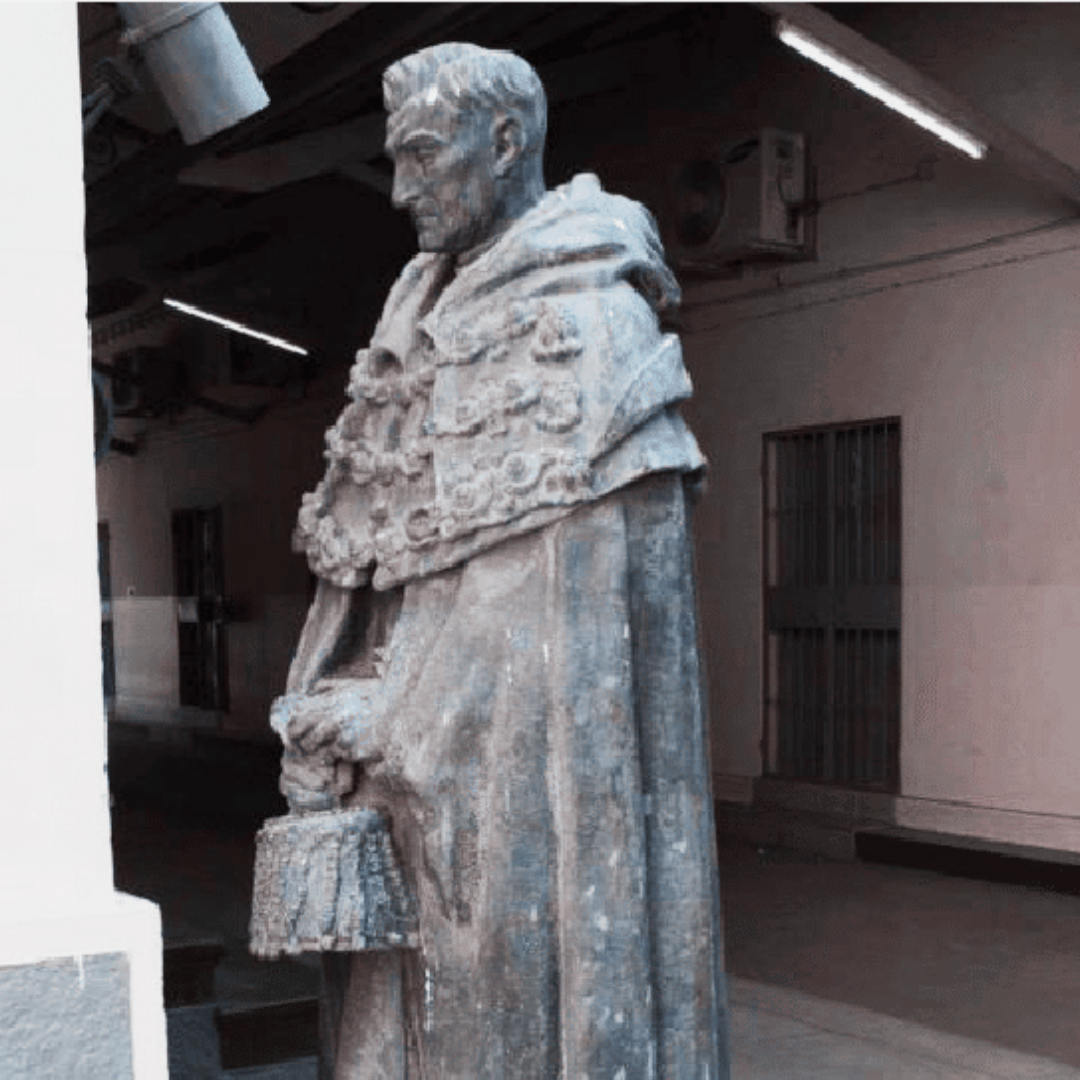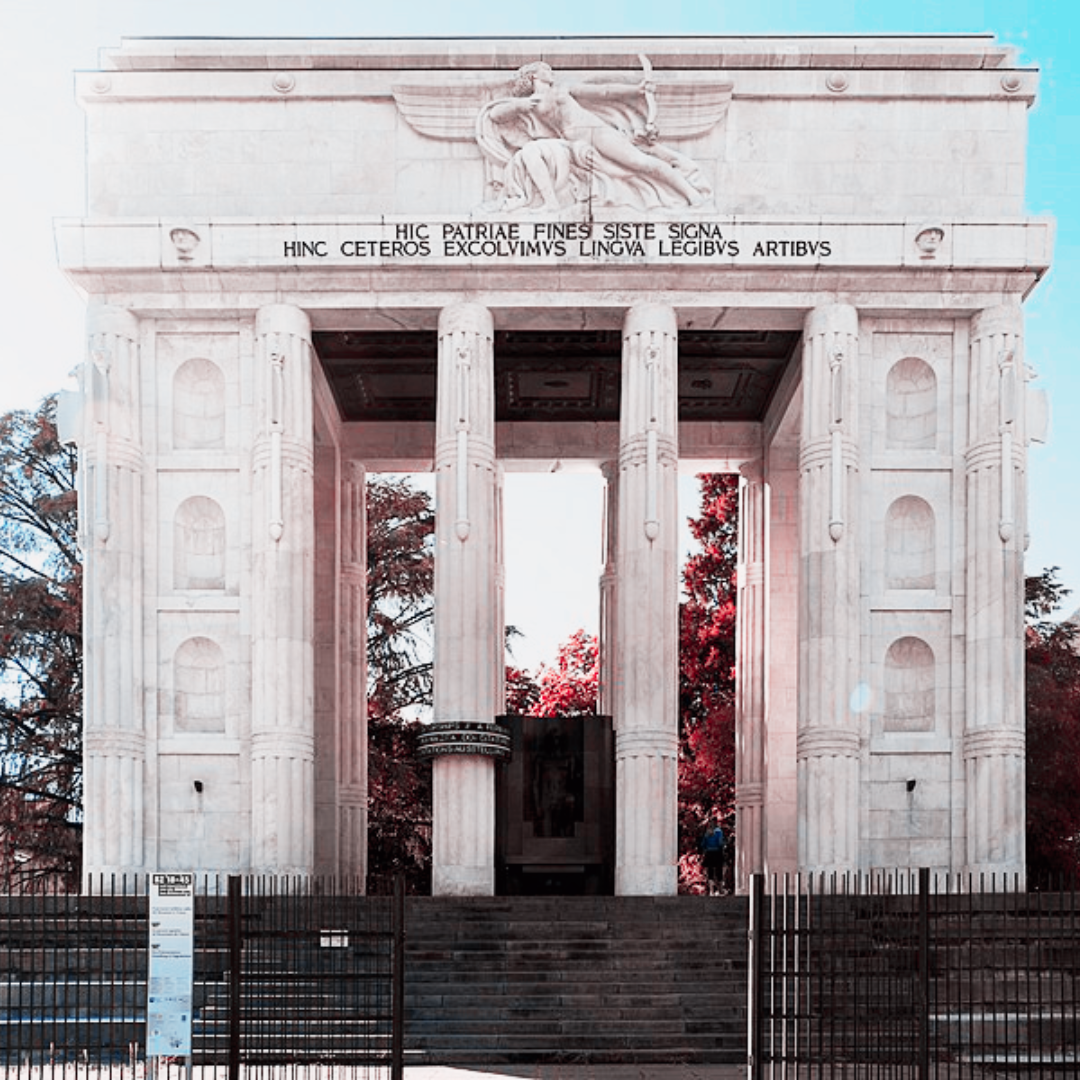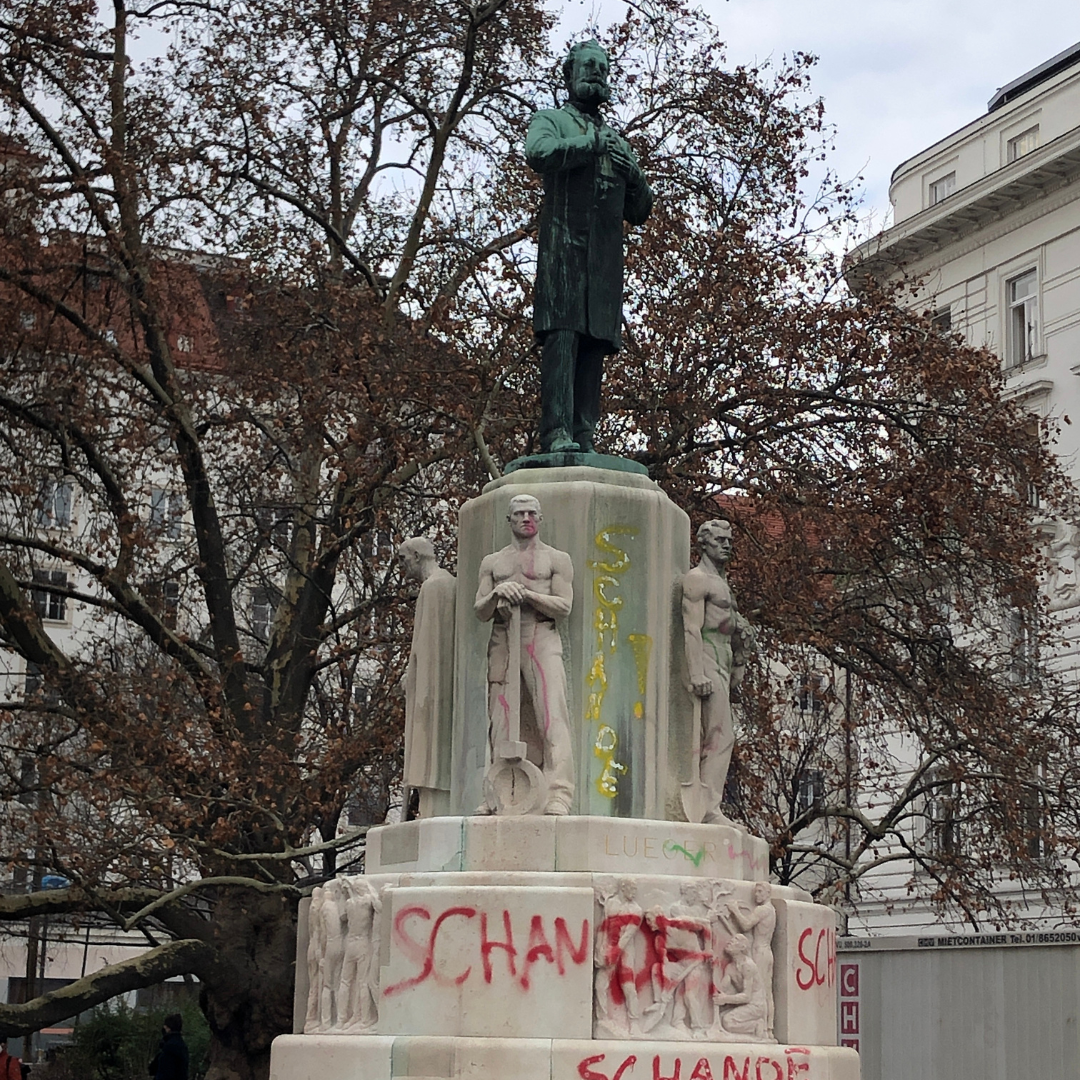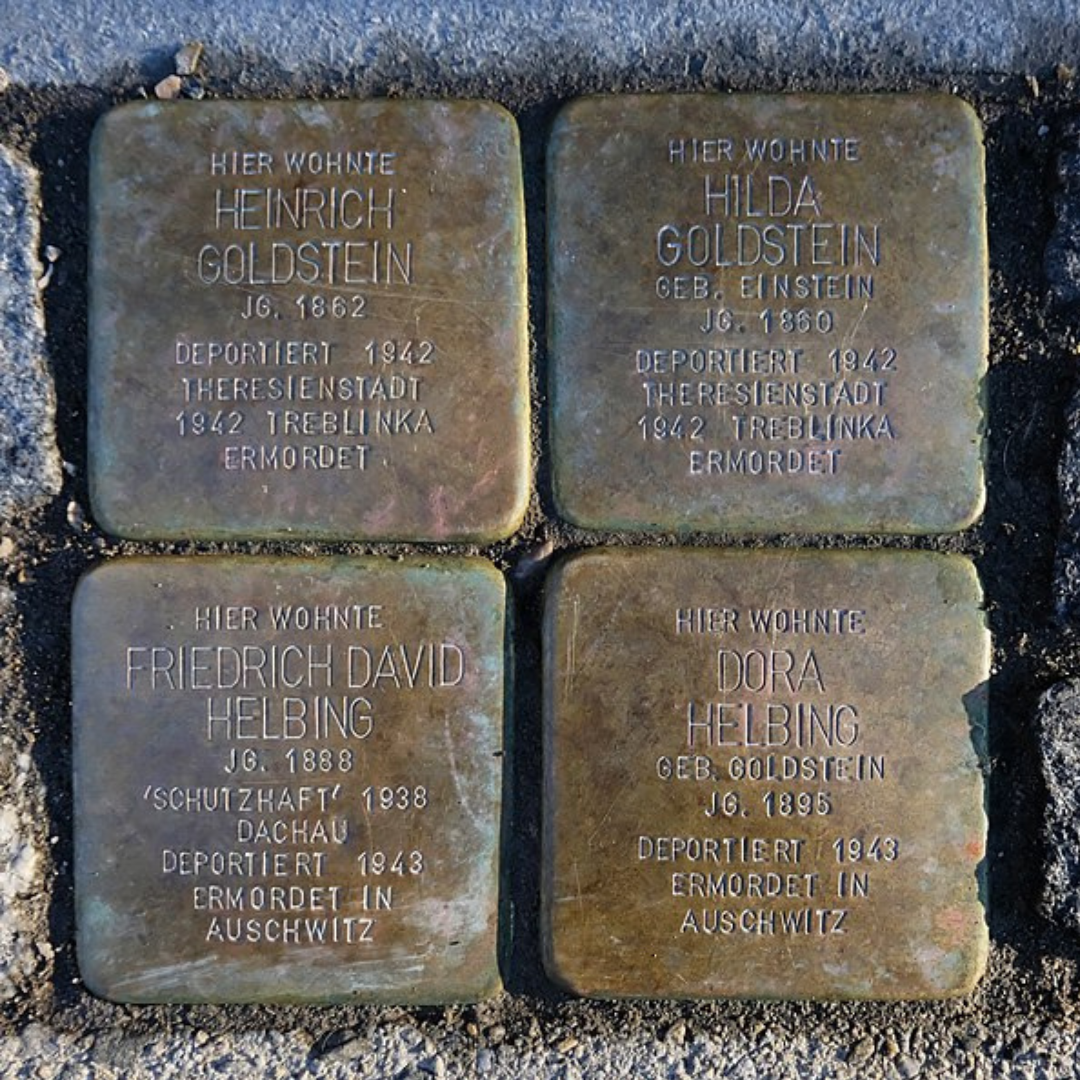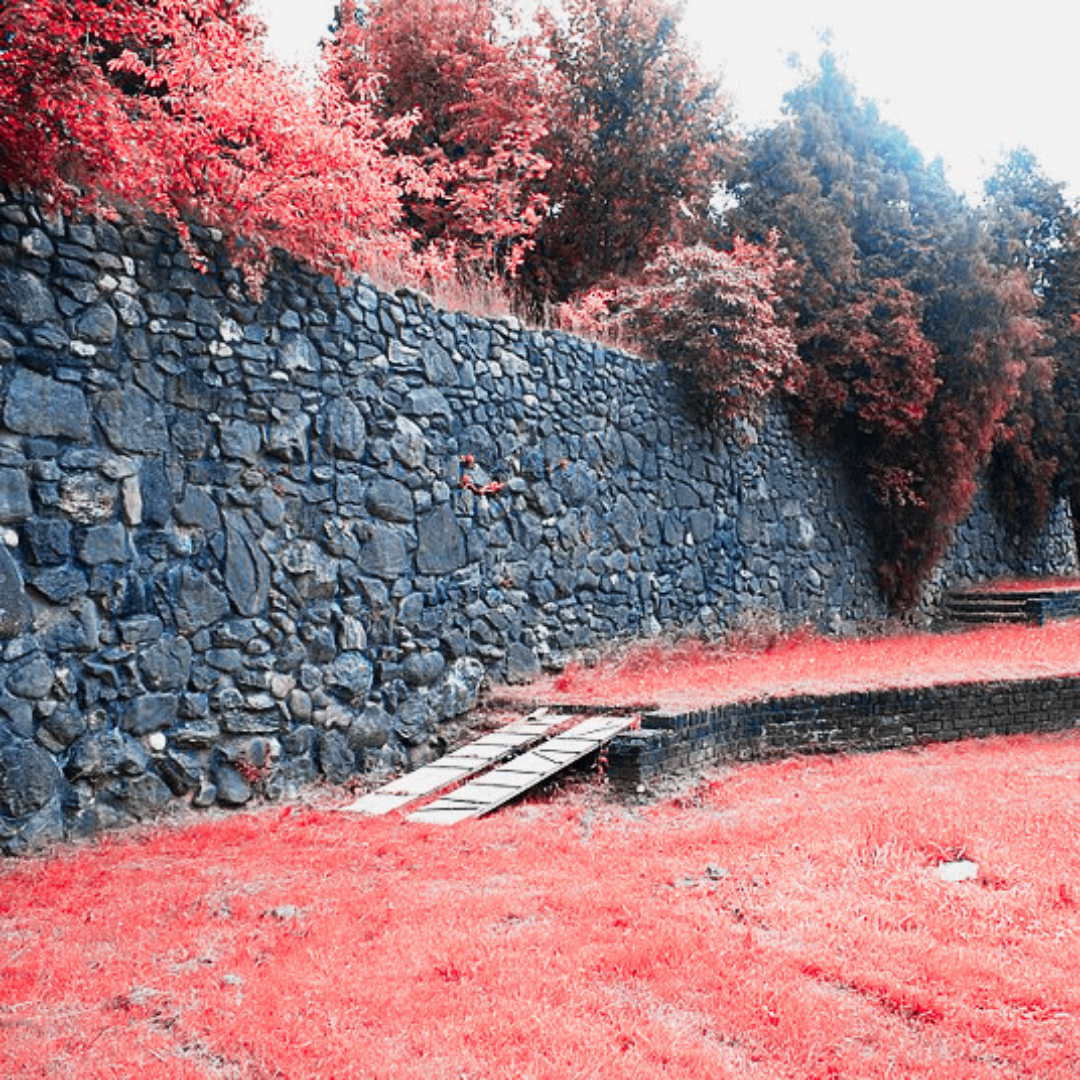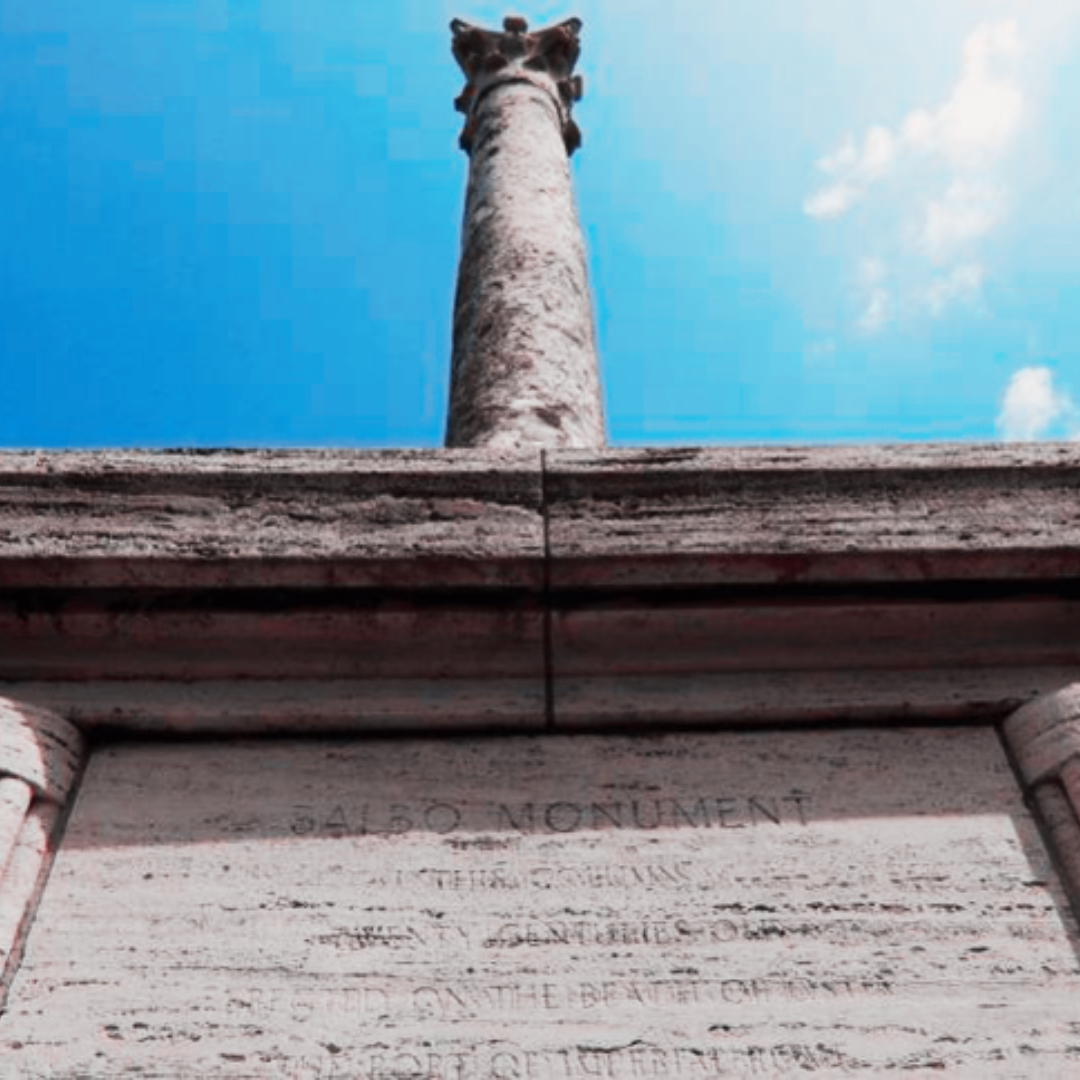

USA: Italo Balbo Monument and Drive in Chicago, Illinois
USA
By Contested Histories Initiative • June 2024
Italo Balbo was an Italian fascist General who served as Mussolini’s Marshal of the Air Force andthen as Governor of Libya. While being celebrated for his aerial feats, he remains a controversialfigure as the Governor of Libya. In 1933, the Illinois monument was erected after his transatlanticflight to Chicago to… Read More

